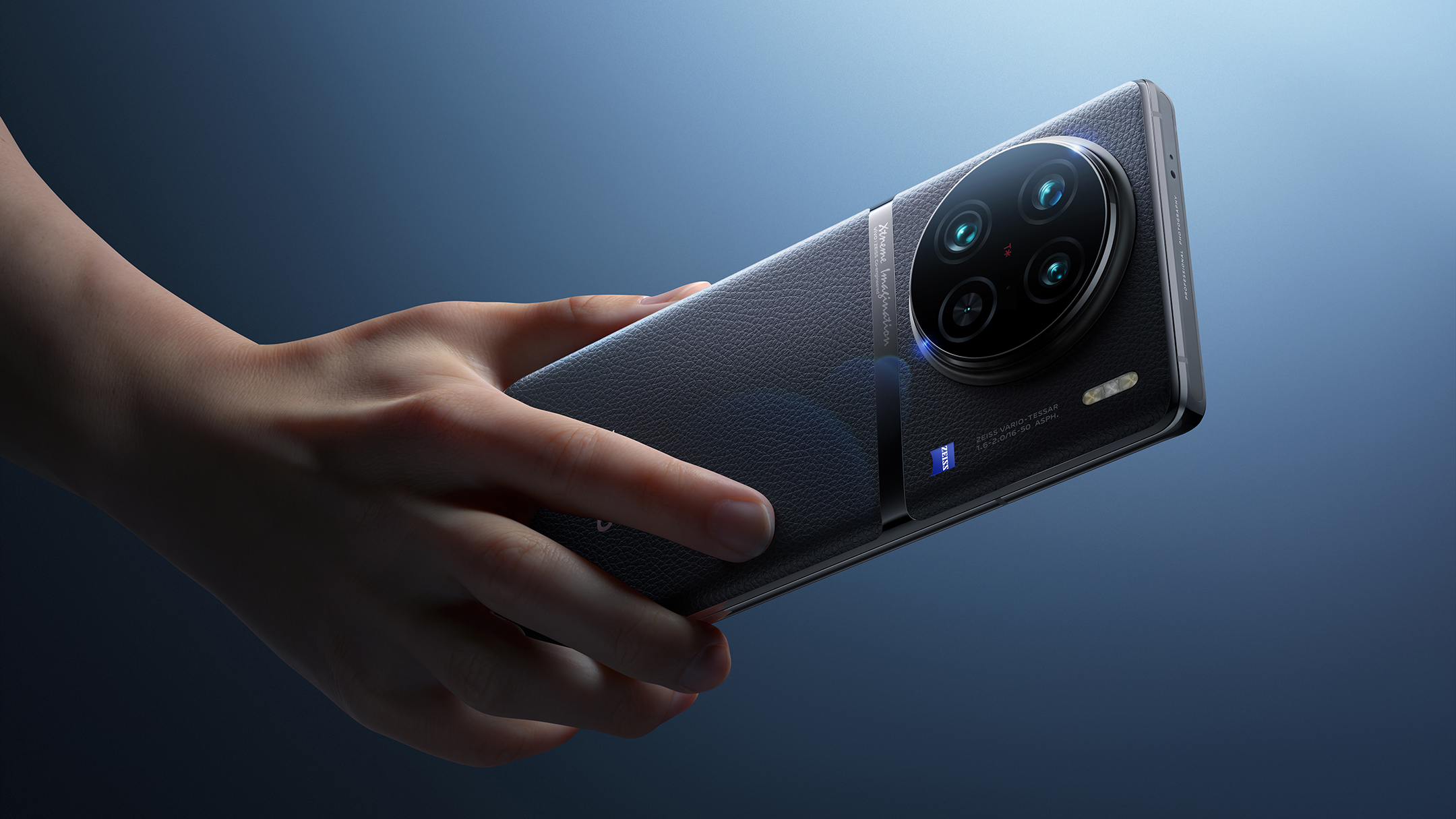
When it comes to the best Android phones there are many top-tier options to choose from. The landscape is diversifying more and more though, thanks to different chip-makers from Qualcomm and MediaTek to Google and Samsung making their own processors.
Add to those powerhouses the addition of artificial intelligence (AI), however, and our devices of tomorrow will become even more powerful. Later in 2023 there will be a major AI spec boost courtesy of MediaTek's next-gen flagship processor, which will leverage Meta's Llama 2 to enable on-device generative AI.
Meta and Microsoft announced their open-source AI model earlier this year – and because it's not a closed system, it's effectively free for companies to utilise – and it's a powerful additional benefit because it won't need to perform cloud-based actions. The likes of ChatGPT and Google Bard can use this kind of AI, enabling quicker and less power-hungry operation.

Why does that matter to you? Not only will it mean more power at your fingertips when it comes to, say, voice-controlled apps running on device, it'll also mean greater privacy as data isn't leaving your handset, plus longer battery life given the lower strain. And longer battery life equals happier phone users.
MediaTek is an interesting player in the market, as an increasing trickle of devices make it from East to West, with the likes of Vivo's impressive X90 Pro being a particular favourite, although other models such as the Oppo Find N2 Flip have also shown the potential when it comes to the best folding phones too.
Precisely what the next-gen MediaTek processor will be remains under wraps, of course, and where we'll see it deployed is still unknown. But with the 2023 production cycle expected to be earlier, the likelihood is that flagship handsets from OnePlus, Oppo, Xiaomi, Redmi, Vivo and others will utilise the latest and greatest, AI spec boost included.







